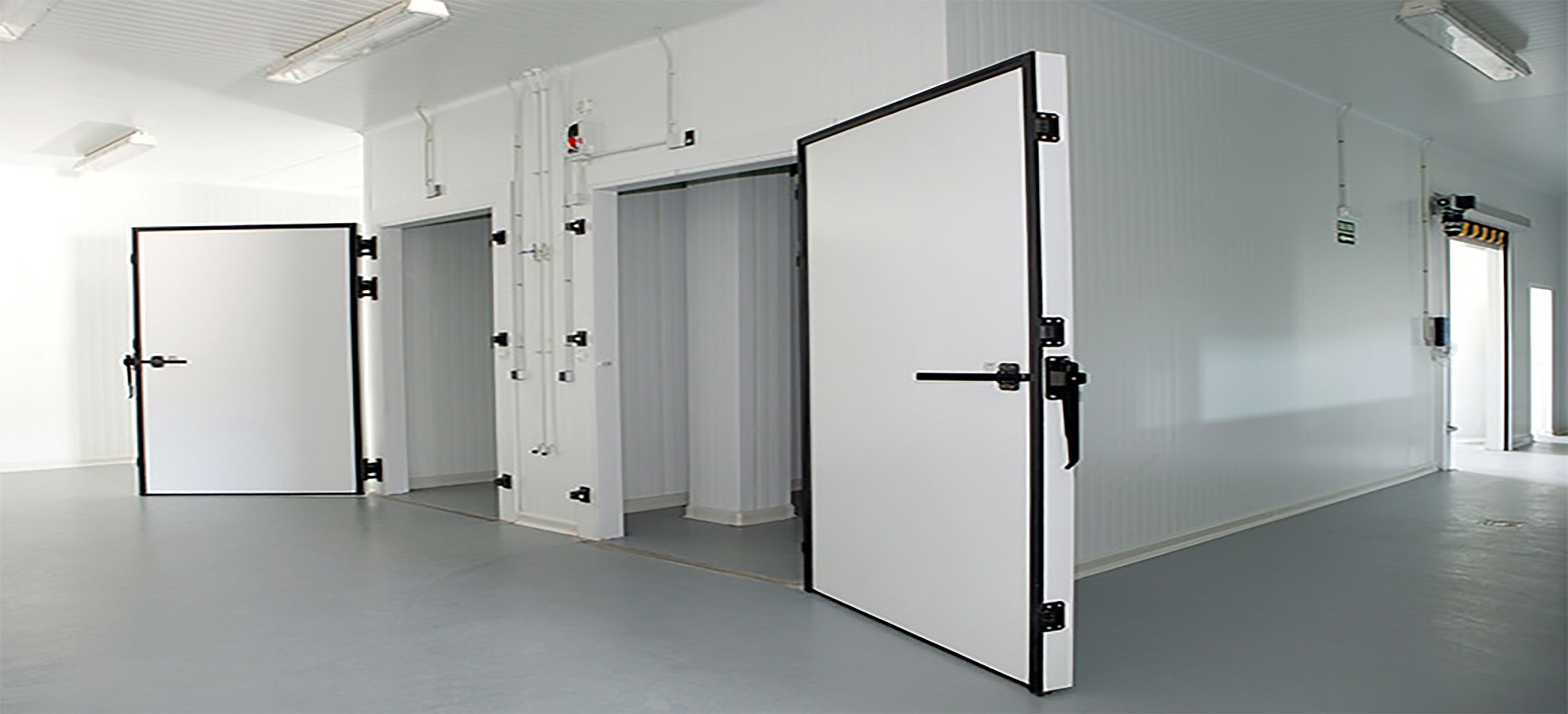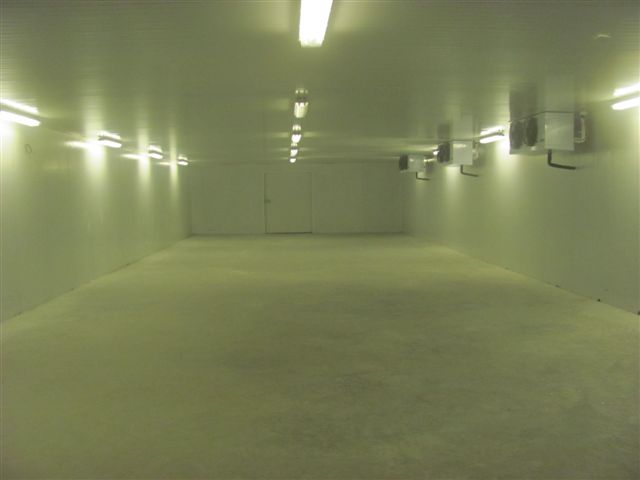Cold rooms play a crucial role in enhancing food preservation by providing controlled environments to maintain the freshness and quality of perishable goods. Here are some ways top-quality cold rooms contribute to this:
Temperature Control: Cold rooms allow for precise temperature control, ensuring that perishable foods are stored at the optimal temperature to slow down bacterial growth and maintain freshness.

Humidity Regulation: Maintaining the right humidity levels is essential for preserving certain types of food, such as fruits, vegetables, and meats. High-quality cold rooms offer humidity control features to prevent moisture loss or excess, which can lead to spoilage.
Air Circulation: Proper air circulation within a cold room helps to evenly distribute cold air, preventing temperature fluctuations and ensuring consistent storage conditions throughout the space. This prevents hot spots or areas where food may spoil faster.
Energy Efficiency: Top-quality cold rooms are designed with energy efficiency in mind, using advanced insulation materials and temperature control systems to minimize energy consumption while still maintaining optimal storage conditions.
Hygiene and Sanitation: Cold rooms should be constructed using materials that are easy to clean and maintain, with smooth surfaces that prevent the buildup of bacteria and contaminants. Regular cleaning and sanitation procedures are essential to ensure food safety.
Remote Monitoring and Control: Many modern cold rooms are equipped with remote monitoring and control systems, allowing operators to monitor temperature and humidity levels from anywhere and receive alerts in case of any deviations from set parameters. This enables prompt action to prevent spoilage.

Customization Options: Top-quality cold rooms often offer customization options to meet the specific needs of different types of food products. This may include adjustable shelving, partitioning, or specialized storage areas for items with unique requirements, such as seafood or dairy products.
Reliability and Durability: Cold rooms are a significant investment for businesses involved in food storage and distribution. Top-quality units are built to last, with durable construction and reliable components that minimize downtime and maintenance costs over the long term.
Compliance with Regulations: Cold rooms must comply with food safety regulations and industry standards to ensure the quality and safety of stored food products. High-quality units are designed with these regulations in mind, incorporating features that facilitate compliance and adherence to best practices.
Optimal Organization and Inventory Management: Cold rooms should be designed for efficient organization and inventory management, with clear labeling systems, easy access to stored items, and space optimization to maximize storage capacity without compromising airflow or temperature control.

In summary, top-quality cold rooms are essential for enhancing food preservation by providing precise temperature and humidity control, efficient air circulation, energy efficiency, sanitation, and compliance with regulations. Investing in a high-quality cold room is crucial for businesses involved in the storage and distribution of perishable food products to maintain freshness, quality, and safety standards.

No comments:
Post a Comment